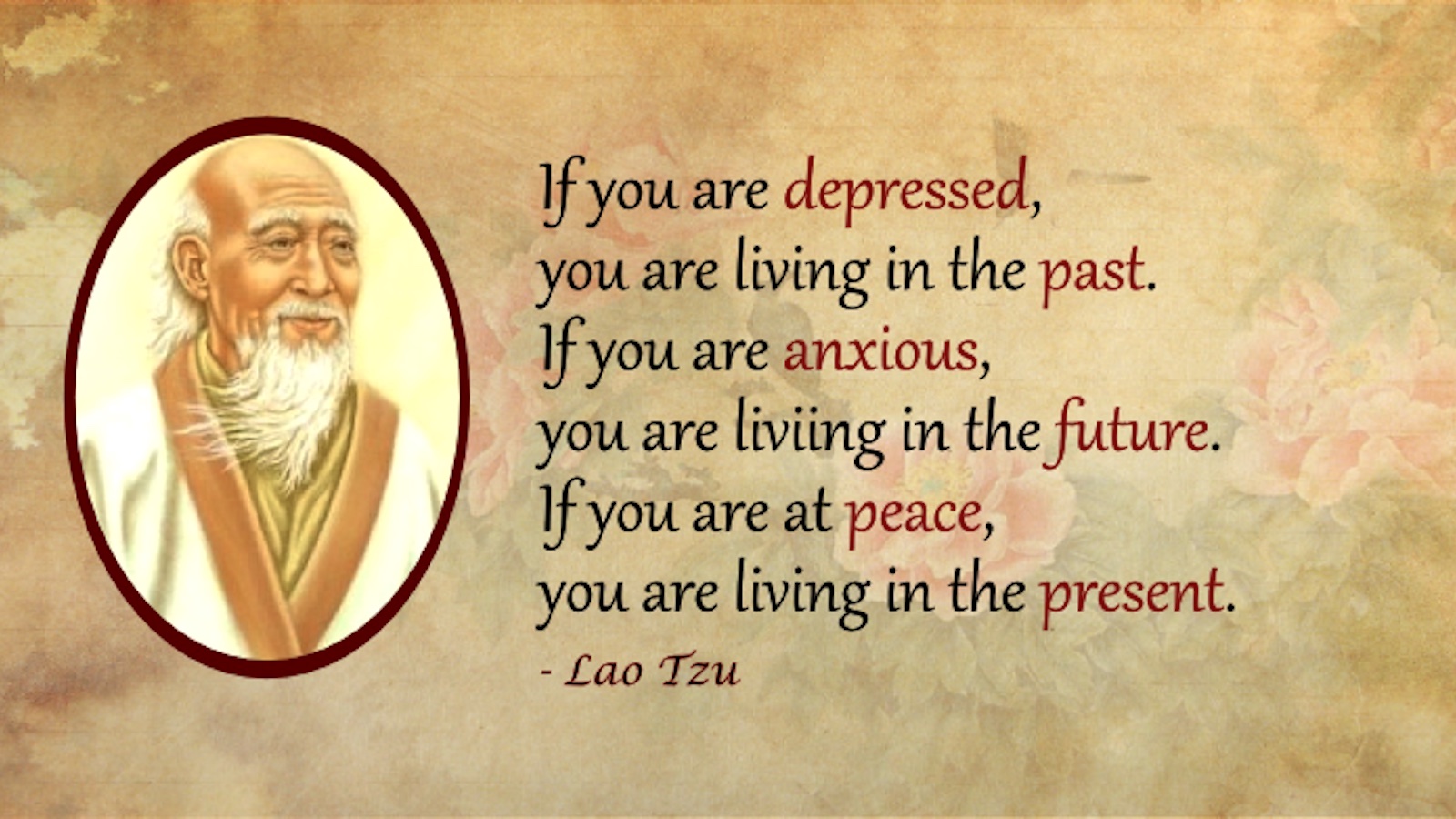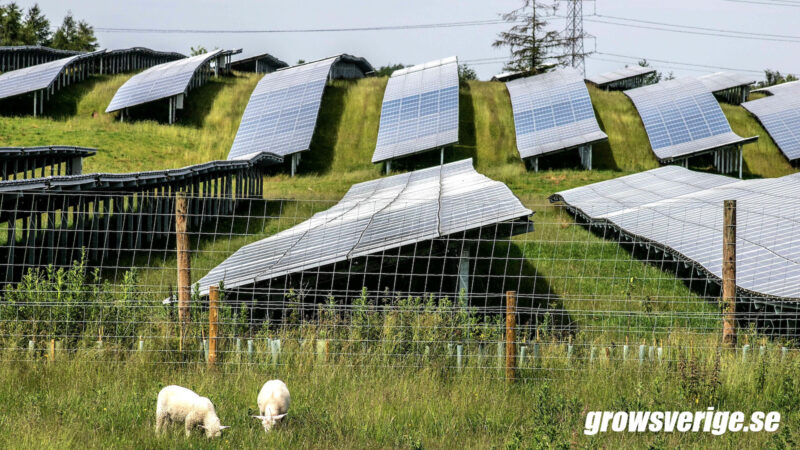Vad händer
Vi behöver ett nytt budskap för klimatkrisen som visar att världen kan bli bättre, att världen faktiskt blir bättre, och på så sätt öka människors handlingskraft. Det är dags att sluta berätta för våra barn att klimatkrisen kommer döda dem. Dels är det grymt, dels ökar det risken för att det faktiskt inträffar.
Kontext
I en undersökning tillfrågas tiotusen 16 till 25- åringar i tio länder om deras syn på klimatkrisen.
- Mer än hälften svarade “humanity was doomed”.
- Tre fjärdedelar sa att framtiden var skrämmande.
- Femtiofem procent sa att de kommer ha färre möjligheter än sina föräldrar.
- Trettionio procent är tveksamma att skaffa barn till följd av klimatkrisen.
Åsikterna var desamma i rika, fattiga, stora och små länder, i USA, Storbrittanien, Brasilien, Filippinerna, Indien och Nigeria. Ungdomar växlar mellan ilska och förtvivlan inför deras till synes hopplösa situation. Men…
None of the climate scientists I know and trust—who surely know the risks better than almost anyone—are resigned to a future of oblivion. Most of them have children. In fact, they often have several. Young ones, too. Now, having kids is no automatic qualification for rational decision-making. But it signals that those who spend day after day studying climate change are optimistic that their children will have a life worth living.
That’s why I find it alarming that most young people today feel like they do not have a future. Many might also forgo having children as a result. This mentality doesn’t just show up in survey data
Wired UK: Stop Telling Kids They’ll Die From Climate Change
Vad har det för betydelse
The worst thing about this message is that, rather than inspiring action, it resigns us to the falsehood that we are already too late. There is now nothing we can do.
This is out of line with the science, and scientists should call this out more prominently.
Wired UK: Stop Telling Kids They’ll Die From Climate Change
Den enorma mängden domedagssignaler som människor möter från morgon till kväll kombinerat med undermåliga insatser för att lösa problemet medför att många känner djup oro och hopplöshet. Denna pessimism innebär minst tre problem
- Det skadar människors mentala hälsa.
- Domedagsscenarier ger vetenskapsmotståndare näring för sina falsarier.
- Det får oss att känna att det är lönlöst att anstränga sig.
But things are now moving—and at an increasing pace. Politicians might be slow, but technological change is not. Coal is effectively dead in many countries. Renewable prices are falling rapidly. The price of solar fell by 89 percent in the past decade. Onshore wind fell by 70 percent. They’re now cheaper than coal and gas. To make this transition we will need lots of energy storage. There’s good news there too: The price of batteries has fallen by 97 percent in the past 30 years. In the 1990s, a Tesla car battery would have cost you more than half a million pounds. Today it’s around $13,000. Even those who don’t care about climate change will make these changes, because it makes economic sense to do so.
We need a new message for climate change. One that drives action through optimism that things can be better. Or, based on the signs that things are getting better, we might rebrand this optimism as realism. This would be much more effective at driving real change, and would save a lot of mental strife in the process. It’s time to stop telling our children that they’re going to die from climate change. It’s not only cruel, it might actually make it more likely to come true.
Wired UK: Stop Telling Kids They’ll Die From Climate Change





